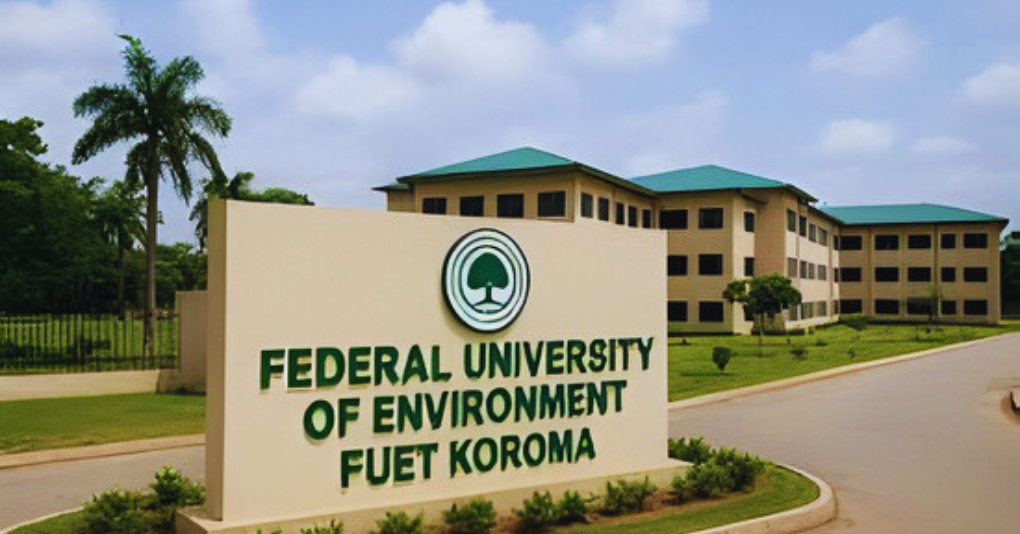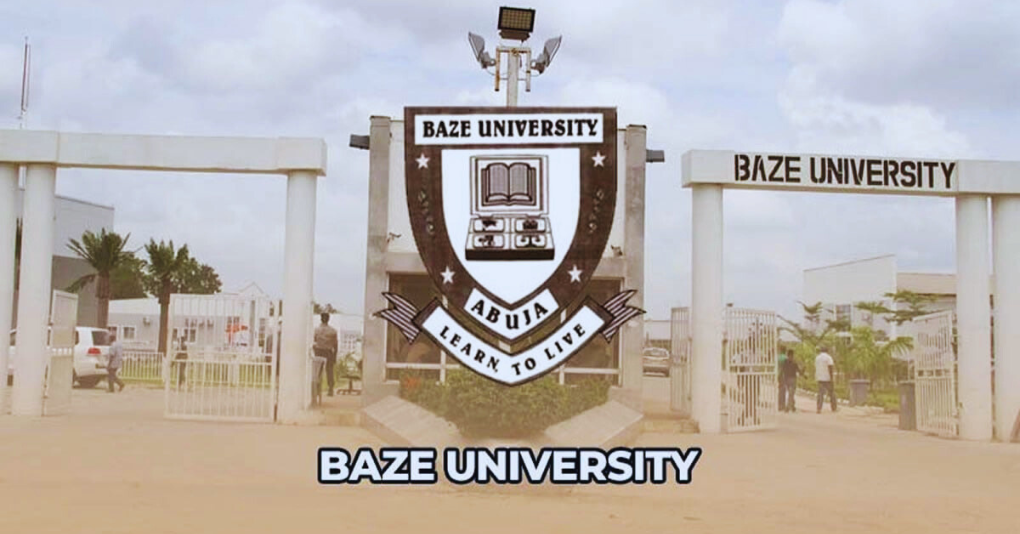Candidates under the age of 18 are no longer eligible to sit for the National Examinations Council (NECO) and the West African Examinations Council (WASSCE) examinations, the Federal Government has disclosed.
Minister of Education, Prof. Tahir Mamman, made the disclosure while featuring on Channels Television’s ‘Sunday Politics’ programme on Sunday night.
He said that WAEC, which conducts the West African Senior School Certificate Examination and NECO, which oversees the Senior School Certificate Examination have been directed to enforce the 18-year age requirement for candidates wishing to take these exams.
The minister explained that it is not a new policy, adding that the age limit for candidates sitting for the Unified Tertiary Matriculation Examination administered by the Joint Admissions and Matriculation Board, remains 18 years.
Mamman said, “It is 18 (years). What we did at the meeting that we had with JAMB (in July) was to allow this year and for it to serve as a kind of notice for parents for this year.
“JAMB will admit students who are below that age but from next year, JAMB is going to insist that anybody applying to go to university in Nigeria meets the required age which is 18.
“For the avoidance of doubt, this is not a new policy; this is a policy that has been there for a long time.
“Even basically if you compute the number of years pupils, and learners are supposed to be in school, the number you will end up with is 17 and a half from early childcare to primary school to junior secondary school and then senior secondary school. You will end up with 17 and a half by the time they are ready for admission.
“So, we are not coming up with new policy contrary to what some people are saying. We are just simply reminding people of what is existing. In any case, NECO and WAEC, henceforth, will not be allowing underage children to write their examinations. In other words, if somebody has not spent the requisite number of years in that particular level of study, WAEC and NECO will not allow them to write the examination.”
Meanwhile, moves to sanitise the educational system has prompted the Federal Government to identity only eight universities accredited to award degrees to Nigerians in Togo and Benin Republic.
The decision followed the embarrassment which Nigeria suffered when an undercover reporter procured a fake degree from Benin Republic and got mobilised to participate in the mandatory National Youth Service Corps (NYSC) scheme.
The Minister of Education, Tahir Mamman, disclosed the accredited institutions on Sunday night while speaking on Channels Television’s Sunday Politics.
Recall that the education minister had lamented that over 22,500 Nigerians obtained fake degree certificates from the two countries, hence such certificates would be cancelled.
The ugly cases of certificate racketeering also featured prominently at a recent Federal Executive Council (FEC) meeting presided over by President Bola Tinubu where a committee was mandated to probe degrees emanating from Togo and Benin Republic especially.
Buttressing his position during the programme, Mammam said only three institutions are recognised in Togo and five in Benin Republic, labeling others outside those eight as illegal institutions.
Mamman listed the public universities below as the Federal Government approved institutions to offer degree programmes in Togo for students from Nigeria, Universite De Lome, Universite De Kara and Catholic University of West Africa.
For Benin Republic, students from Nigeria could attend Universite D’abomey Calavi, Universite De Parakou, Universite Nationale des Sciences, Technologis Ingenierie Et Mathematiques, Universite Nationale D’ Agriculture and Universite Africaine De Devlopment Cooperatif.
He insisted that there is no going back on the decision of the Federal Government to cancel about 22,700 certificates awarded to Nigerians by some “fake” universities in neighbouring Togo and Benin Republic.
Mamman reiterated that the decision to invalidate the certificates was not harsh as Nigerians who obtained degree certificates from such “illegal” tertiary institutions dent the country’s image.
He said, “Most of those parading the fake certificates didn’t even leave the shores of Nigeria but got their certificates through racketeering in collaboration with government officials at home and abroad.
“The “fake universities” capitalised on the “gullibility” of Nigerians patronising such fake schools.
“The Federal Government, through the offices of the Head of Civil Service and the Secretary to the Government of the Federation, would fish out those in the government’s employment with such fake certificates. I also urge the private sector to follow suit.”
Share this post





Be the first to comment on this post